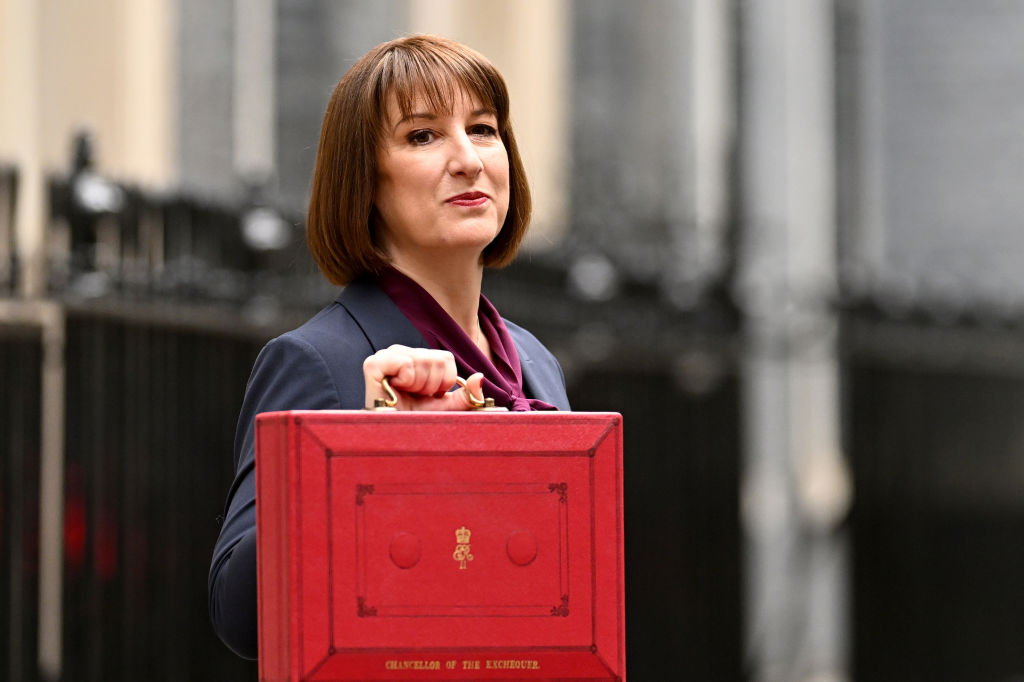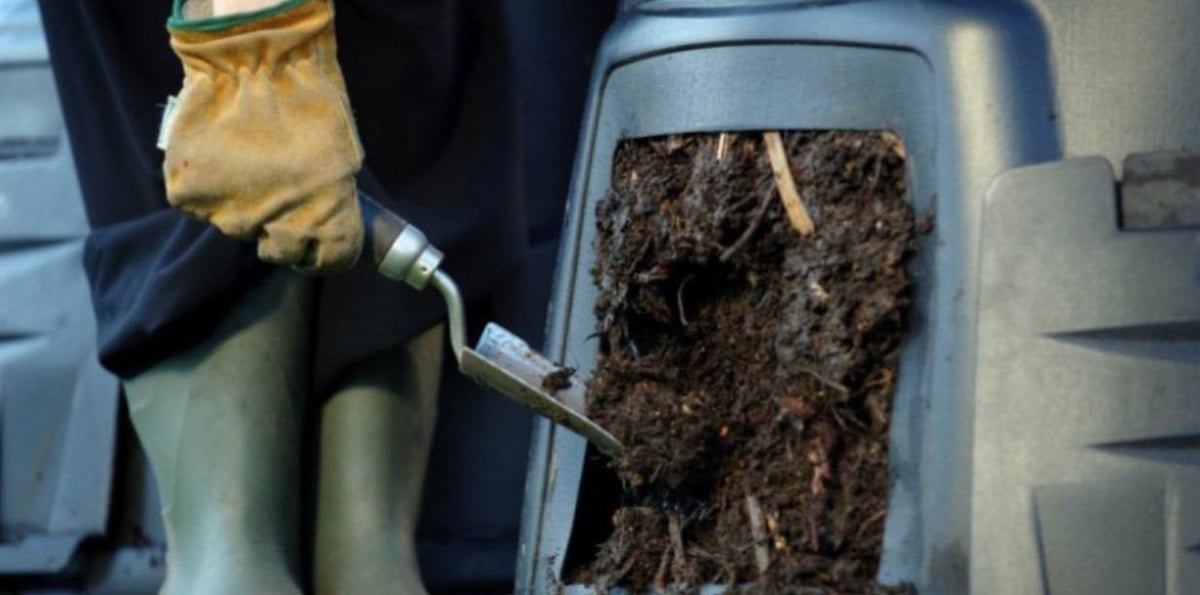Copyright newstatesman

While there is a consensus among Labour MPs that the UK’s economy needs to grow, opinion is divided over the method. One group believe in growth for growth’s sake, and are intensely relaxed about where it comes from. Their view – closely associated with the campaign group Looking for Growth – is that more growth means more money in the Exchequer, more fiscal headroom for Rachel Reeves and therefore a lower chance of tax raises or spending cuts. They advocate for increased housebuilding, a slicker regulatory system and an overhauling of the UK’s bureaucratic planning laws. But there is another, quieter, grouping within the PLP, who believe that any growth pursued by the government should be “inclusive”. They are the advocates of what the Prime Minister described in his conference speech as growth from the “grassroots”. This is the Co-operative party – a political party in its own right but which has run joint selections with Labour for almost 100 years owing to an electoral pact formed by the two parties in 1927. There are 41 MPs in the House of Commons who bear both the Labour and Co-operative whip (including the Local Government minister Miatta Fahnbulleh and Secretary of State for Scotland, Douglas Alexander). Joe Fortune, the party’s general secretary, told the New Statesman that Labour and Co-operative MPs have a really “distinctive flavour” within the PLP. “Having that unique signifier as Labour and Co-operative really does mark out parliamentarians,” he said, “not just in history, but also in the dynamic space we operate.” He pointed out that the role of Labour and Co-op MPs is to “defend the co-operative movement in all its guises” and this includes promoting alternative community focused, grassroots growth. A new report from the Co-operative party, released today and shared exclusively with the New Statesman, has called on the government to ensure that any growth pursued follows this model. Party insiders tell me that the “traditional model of growth” such as has been pursued under previous governments has “undoubtedly failed communities”. The report states: “our centralised model of growth has failed to deliver for many local places, leaving local economies to struggle on their own”. Fortune agreed. “We have had a system and a state that hasn’t prioritised this type of growth. It hasn’t thought about co-operative growth for many decades,” he said. Community ownership models – which are popular in countries such as Germany or Denmark have been neglected in the UK context. (Half of Denmark’s wind energy is in public control, with 40 per cent of renewables owned by communities in Germany). Local government budgets have been cut, leading to the cancellation of outreach activities or genuinely place-based business and commerce, and the community and third sectors have been hollowed out. “I think that’s really missing a trick,” Fortune told the New Statesman. In his work at the Department for Net Zero and Energy Security, Ed Miliband has been moving in this space. His Local Power Plan, which Miliband himself said is intended to show the government is “taking back control” of the energy system, hands power over bills to consumers by supporting investment – through GB Energy – into community owned projects and enterprises. This could include a community owned windfarm, or solar panels on civic buildings or local schools. Miliband himself is not a Co-operative MP, but his work has won plaudits from the party. The Co-operative party would like to see inclusive growth measures percolate through the government; and to be a key part of Rachel Reeves’ upcoming budget. There are also high hopes for the English Devolution and Community Empowerment Bill, which was being shepherded through the house by Angela Rayner – supported by local government minister Jim McMahon (the chair of the Co-operative party’s parliamentary group). Both MPs have now left the Ministry of Housing Communities and Local Government; but the bill is continuing its progress through the house. It is now up to Steve Reed – with support from Fahnbulleh – to ensure the bill gains royal ascent (although Rayner is still listed as the bill’s sponsor on parliament’s website). A focus on inclusive growth is unlikely to be the headline of Reeves’s budget (that will be saved for incoming tax rises). But the pressure on her is building. Everyone in the PLP knows that the government must grow the economy – but they still don’t agree how. [Further reading: Looking for growth looks for a political consensus]



